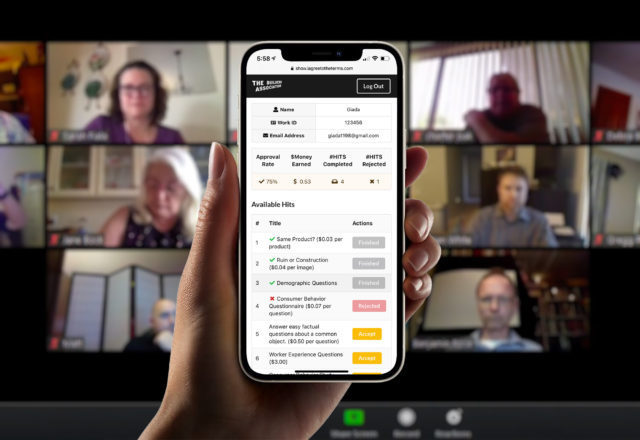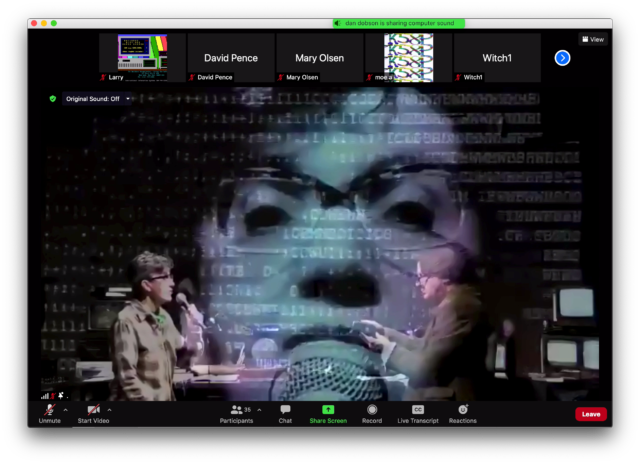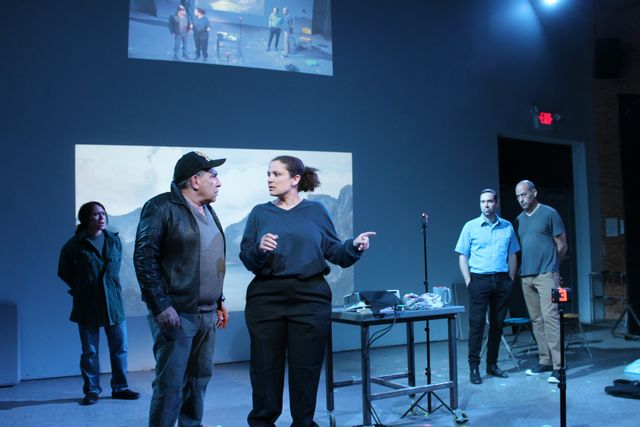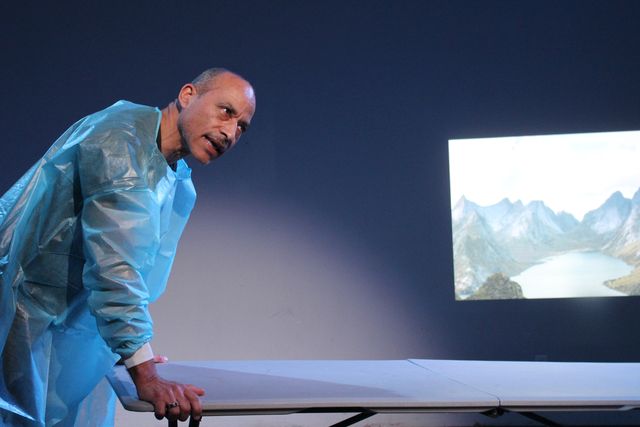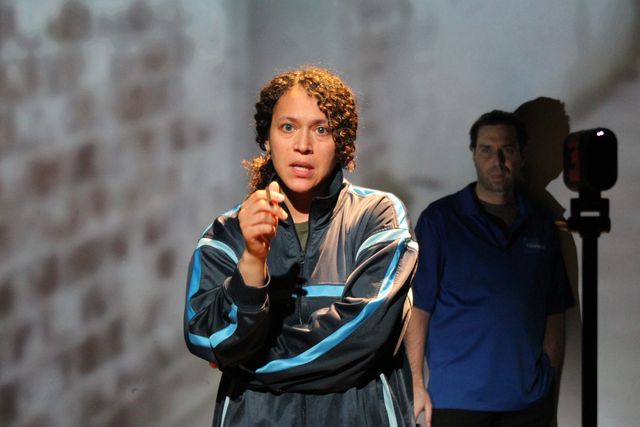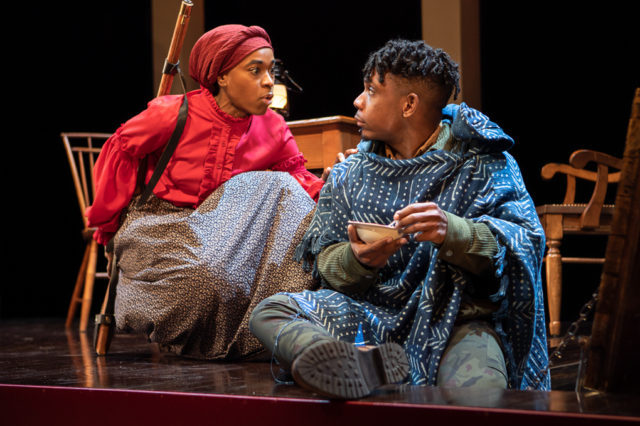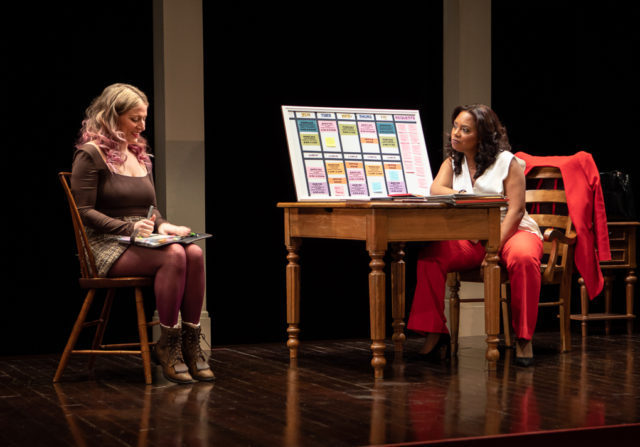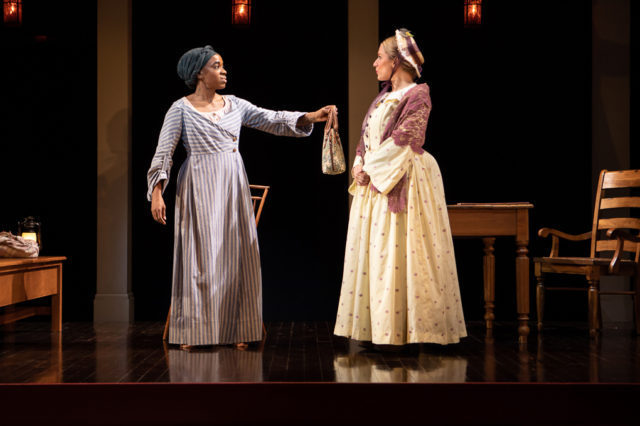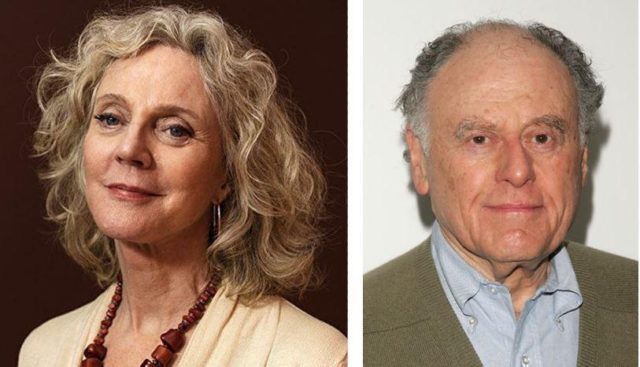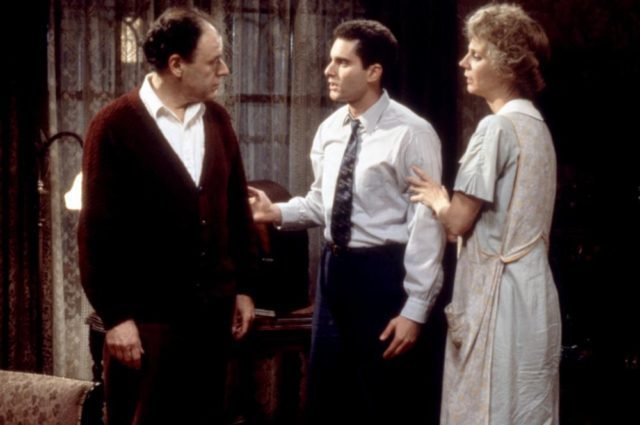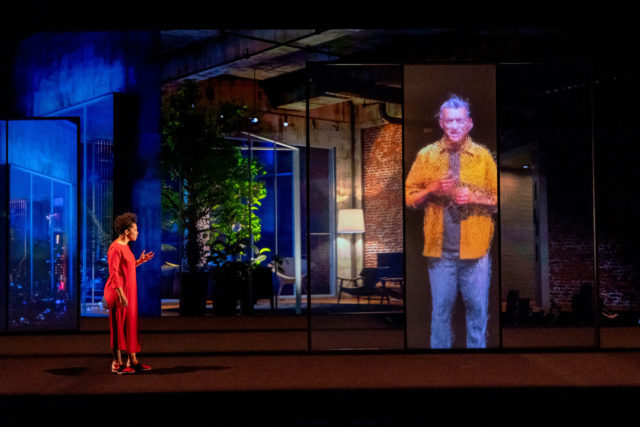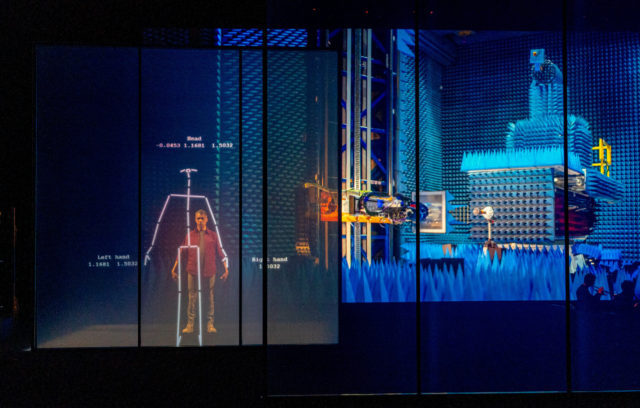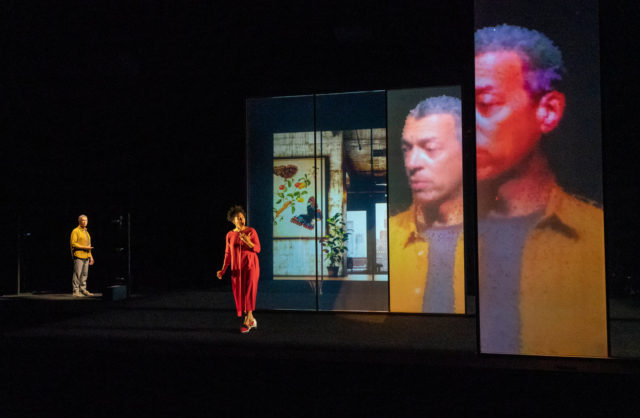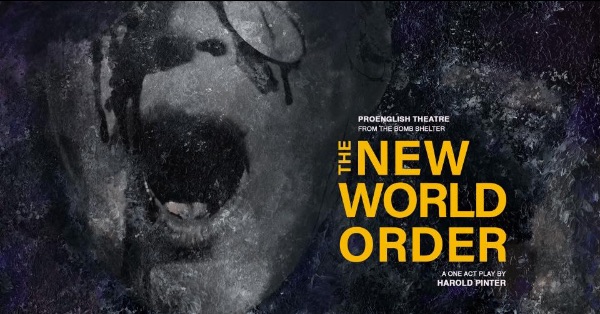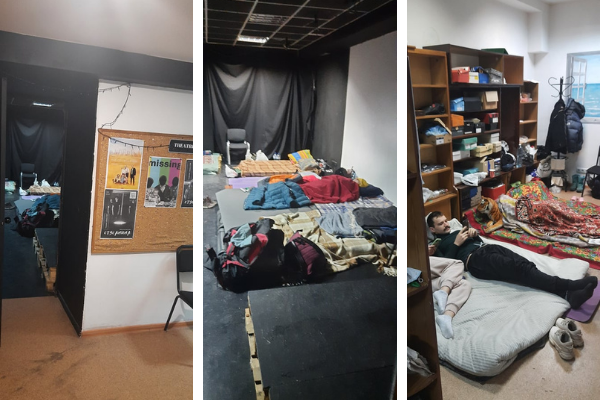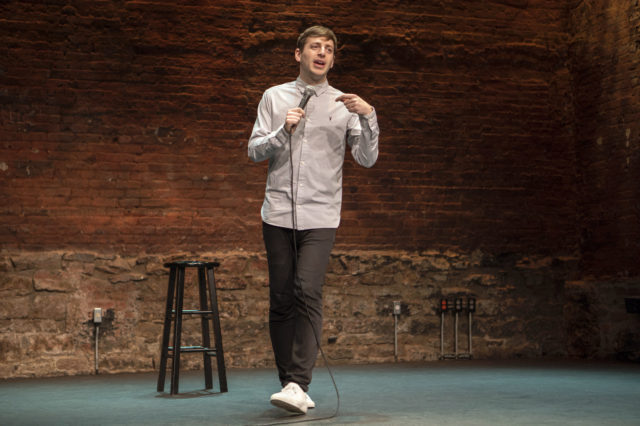
Alex Edelman’s one-person Just for Us is a riotously funny exploration of Judaism and whiteness (photo by Monique Carboni)
JUST FOR US
SoHo Playhouse
15 Vandam St. between Varick St. & Sixth Ave.
Monday – Saturday through April 23, sold out
www.sohoplayhouse.com
Greenwich House Theater
27 Barrow St.
Monday – Saturday, June 14 – September 2, $40-$65
www.justforusshow.com
Near the end of Alex Edelman’s hysterical one-person Just for Us, the comedian tells the audience how much he loves doing it and asks them to tell their friends and everyone we know to come check it out so he can keep performing it.
So that’s exactly what I’m doing: Go see this show! It opened in December at the Cherry Lane, then moved to SoHo Playhouse, where I saw it, and will have an encore run at Greenwich House beginning June 14. (It will sell out, so act fast.)
In Just for Us, the New York City–based, Boston-raised Edelman describes an unusual recent adventure; shortly after getting into a Twitter war with hundreds of anti-Semites over an episode of his BBC radio program, Peer Group, he was intrigued by this tweet:
“Hey — if you’re curious about your #whiteness — and you live in New York City — come to [STREET ADDRESS] tomorrow night at 9:15.”
He immediately thought to himself, “I live in New York City. And I’m free tomorrow night at 9:15. And as a Jew I’m curious about my whiteness.” So off he went to what ended up being a meeting of seventeen neo-Nazis in Astoria, one of whom he was instantly attracted to. “You never know,” he says about his chances with her, dreaming that it could make for a great rom-com.
As he tells the riotous story of what happened that night in Queens, involving the alluring Chelsea, the suspicious Cortez, and an elderly racist jigsaw puzzle aficionado, among other white supremacists trying to hold on to their status in the world, he interweaves flashbacks from his past, primarily focusing on the role Judaism has played in his life. “I always feel a little bit weird. I always feel too Jewish,” he admits. “It is a mailing list you can never unsubscribe from.”
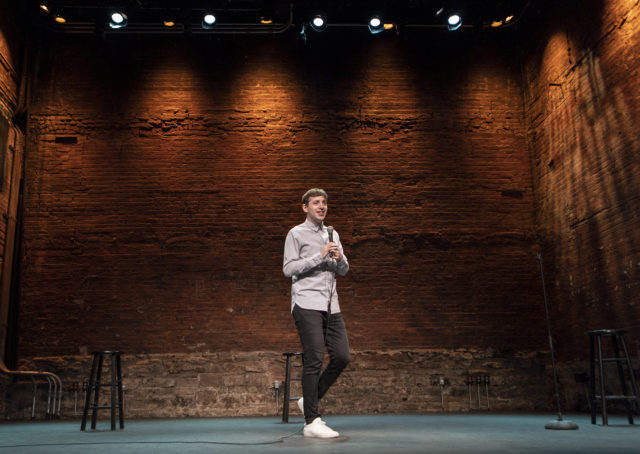
Alex Edelman’s Just for Us will be moving from SoHo Playhouse to Greenwich House in June (photo by Monique Carboni)
His full name could not be much more Jewish: David Yosef Shimon ben Elazar Reuven Alex Halevi Edelman. “I’ve got cousins Menachem and Yitzhak,” he says. “You can’t even spell their names right in English ’cause there’s no English letter for phlegm.”
His shirt nerdily buttoned up all the way, he shares the four words that will always help you through a conversation when you don’t know what else to say, points out that he usually doesn’t discuss politics in his act, details his brother’s attempt to make the Olympics as a skeleton racer for Israel, shares his love of Robin Williams (and his friendship with Koko the gorilla), and talks about going to Yeshiva. “I am white, but, like, I grew up in a place where there were different kinds of white people,” he explains when considering his whiteness. “I grew up in Boston. I grew up in this really racist part of Boston called Boston.”
The centerpiece of his memories is an unforgettable story about the time his deeply Jewish family celebrated Christmas. It’s not only funny and poignant but it shines a light on how religion should, in theory, bring people of different faiths together instead of tearing them apart. There’s no need to fear; Edelman never gets preachy. But he does advise, “If you came to the show tonight not wanting to hear a bunch of Jewish material, I am so sorry about this.”
(To paraphrase an old ad campaign for Levy’s rye bread, you don’t have to be Jewish to love Just for Us. But it helps if you’re not a white supremacist.)
In his third solo presentation, Edelman (Everything Handed to You, Millennial) is utterly charming, wonderfully self-deprecating, and downright funny. Directed by Adam Brace, the seventy-five-minute show features no accoutrements, just Edelman walking back and forth across the stage, empty of all but a few stools, holding the microphone as he continues his banter, including interacting with the audience, which the night I went included a group from his school that clearly adores him.
Just for Us might be about divisiveness, but Edelman has created a welcoming space where we all can laugh despite such serious topics. I could relate to so much of his story that all of my nodding in agreement nearly started to hurt my neck.
Early on, when an older gentleman got up from his seat and headed for the aisle, Edelman stopped the show and inquired, “Bathroom or political issue?” When the man returned a few moments later, Edelman asked him if everything went well.
By the end of the show, everyone answered with a resounding yes.
